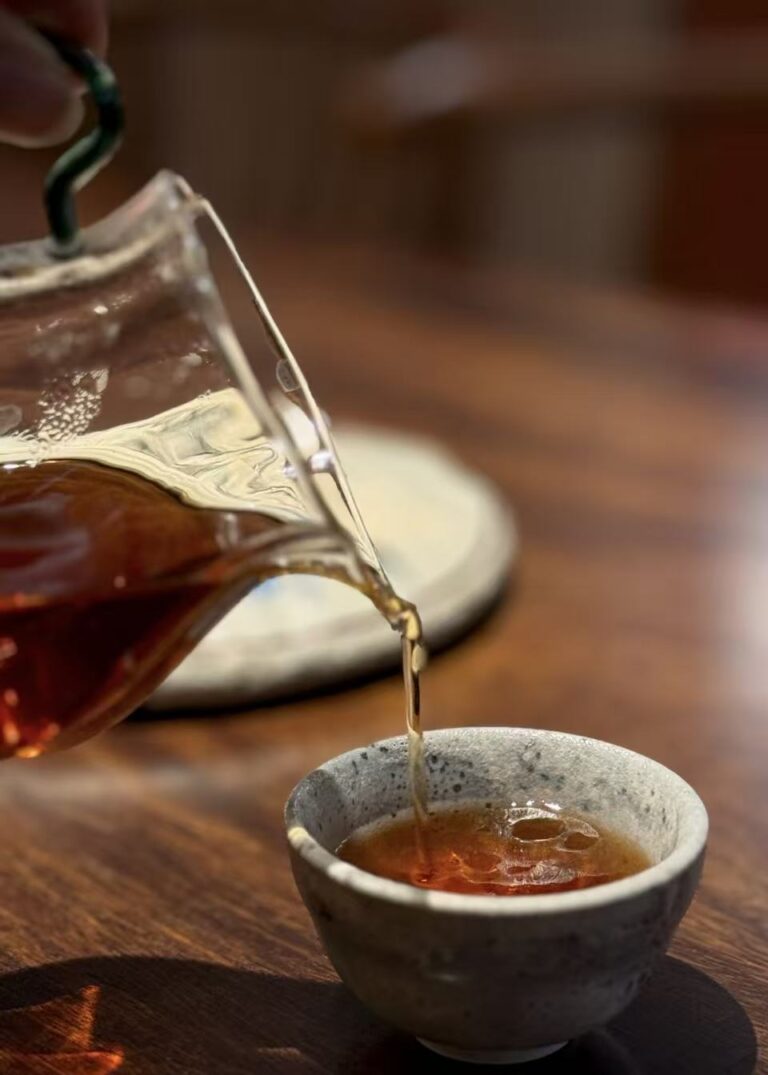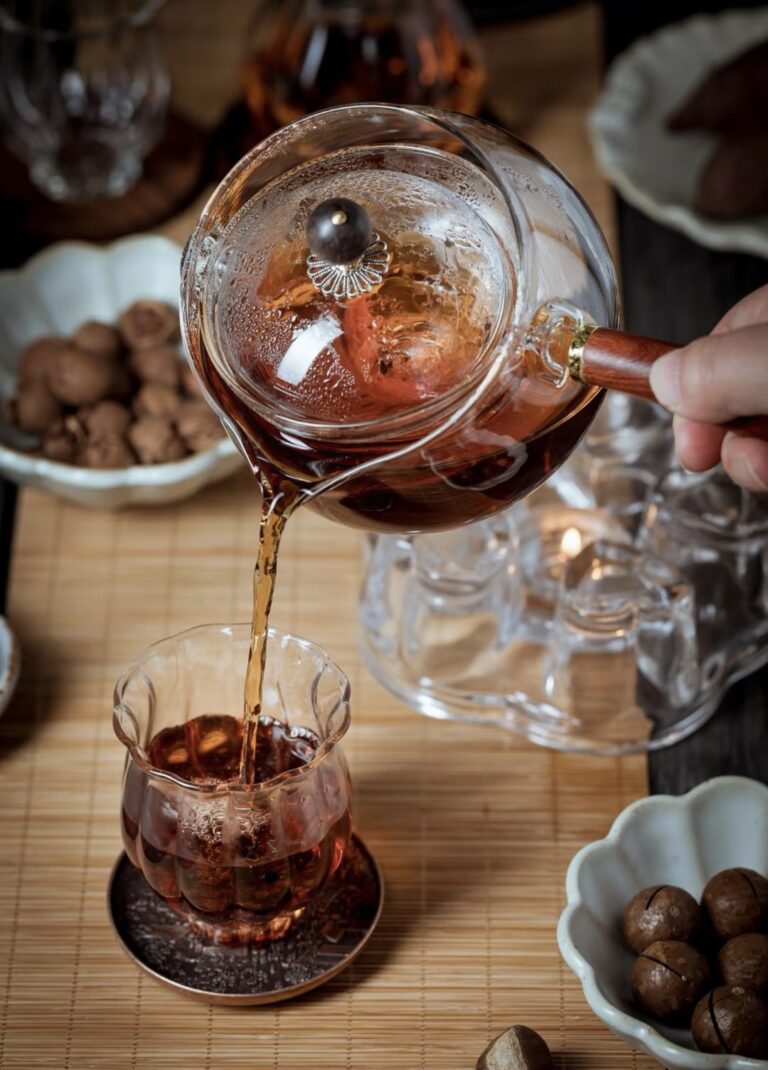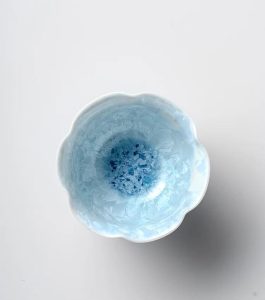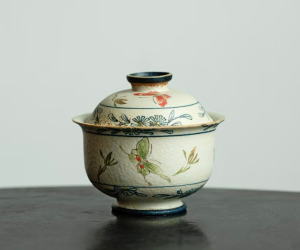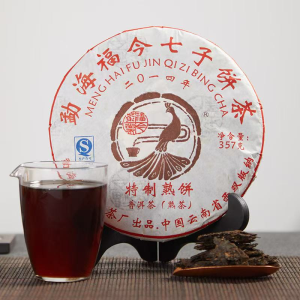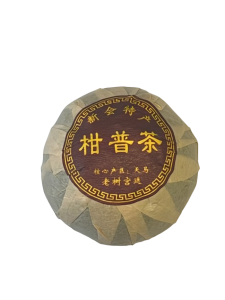When you sip your favorite cup of tea, you might wonder: Is it the caffeine that gives you the boost, or is it something else? Tea has long been associated with a substance called caffeine, but did you know that it’s technically not called “teaine,” as some might expect?
In this article, we’ll explore why caffeine in tea is called by the same name as in coffee and uncover the history behind this fascinating naming convention.
1. What Exactly Is Caffeine in Tea?
Caffeine, the stimulating compound found in both tea and coffee, is scientifically known as 1,3,7-trimethylxanthine. While caffeine is found in various plants, including coffee beans, tea leaves, cacao, and even yerba mate, the way it interacts with our bodies is notably similar across these sources.
In tea, caffeine is often referred to as “tea caffeine,” but not as “teaine.” Why? Let’s dive into this!
2. The Naming of Caffeine: A Historical Perspective
The reason caffeine in tea isn’t called “teaine” goes back to history. The compound was first isolated in 1819 by Friedrich Ferdinand Runge, a German chemist, who named it “Kaffein” after the coffee plant (Coffea arabica), where it was first discovered. Coffee was the first plant in which caffeine was identified, so it was given the name based on its origin.
Even though caffeine was later found in tea, the established name “caffeine” stuck.
3. The Molecular Structure: Is Tea’s Caffeine Different?

Though tea and coffee both contain caffeine, the molecular structure is identical across both plants. This means that the caffeine you consume from tea affects your body much the same way as it does when you drink coffee—providing a boost of energy and alertness.
However, the difference lies in how the caffeine is delivered. Tea tends to have a gentler, more sustained release of caffeine, which is why many tea drinkers report feeling less of the “jitters” that coffee can cause.
4. Caffeine in Tea vs. Coffee: How Do They Compare?
The caffeine content in tea is typically lower than in coffee, but it still packs a punch. Here’s a quick comparison:
- Tea: Generally contains 2-4% caffeine by dry weight (some varieties, like matcha, can have even higher concentrations).
- Coffee: Contains approximately 1-2% caffeine by dry weight, but since coffee beans are more concentrated, a cup of coffee typically contains more caffeine.
Interestingly, tea often has more caffeine than coffee per ounce of dry weight, but since tea leaves are much lighter than coffee beans, a typical serving of tea ends up having less caffeine overall.
5. Why Is Caffeine Important in Tea?
Caffeine is often associated with the stimulating effects of tea, but it’s also crucial for the tea plant’s survival. Caffeine serves as a natural insect repellent, and its bitter taste may help protect the plant from herbivores.
In addition to caffeine, tea also contains L-theanine, an amino acid that has calming effects. The combination of caffeine and L-theanine in tea is what creates the smooth, balanced energy boost that tea lovers appreciate. This unique blend is part of what sets tea apart from coffee, where caffeine is the primary active ingredient.
6. How Caffeine Content Affects Tea Brews
If you’re a tea enthusiast, you might already know that caffeine content can vary greatly depending on the tea you choose. Here’s a brief look at some common types of tea and their caffeine content:
- Black Tea: The most caffeinated variety of tea, usually containing around 40-70 mg of caffeine per cup.
- Green Tea: Contains less caffeine, typically around 20-40 mg per cup.
- Herbal Tea: Most herbal teas are caffeine-free, though some blends may contain small amounts depending on the ingredients.
The brewing time and temperature also influence how much caffeine is extracted from the leaves. A longer steeping time or hotter water results in more caffeine being released into your cup.
Conclusion: Why ‘Caffeine’ and Not ‘Teaine’?
So, why do we still use “caffeine” when referring to the compound in tea? Simply because it was discovered in coffee first and named after its source. Despite its higher caffeine content, tea continues to benefit from the compound’s name. Tea’s caffeine, while chemically identical to coffee’s, works differently in your body due to its combination with L-theanine.
In the end, whether you drink your caffeine in tea or coffee, the stimulating effect is undeniable. But now, you know a little bit more about why the compound in your cup of tea isn’t called “teaine.”
Related Readings:
Pu Erh Tea Caffeine: A Deeper Look
Does Drinking Tea at Dinner Affect Sleep? Chinese Tea Culture and Science

